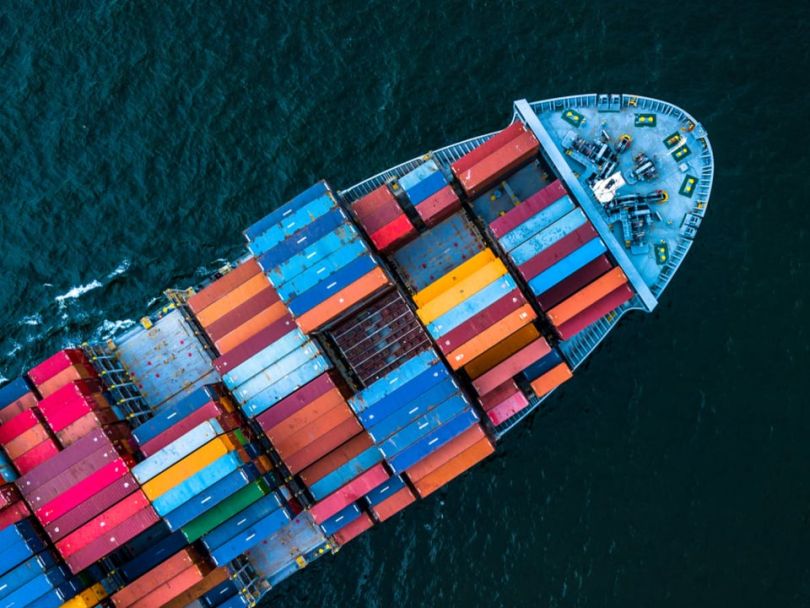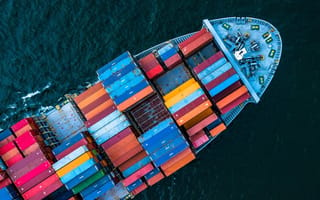
In 1856, poet Walt Whitman proclaimed, “Cross from shore to shore, countless crowds of passengers! Stand up, tall masts of Mannahatta! stand up, beautiful hills of Brooklyn!” in his iconic verse “Crossing Brooklyn Ferry.”
While New York City’s glory days as a shipping town live on as memories in museums, the next generation of maritime technology continues to thrive within the five boroughs.
On Thursday, Madison Avenue firm Nautilus Labs announced it has secured an $11 million Series A round, led by Microsoft’s venture arm, M12. Amplifier Lab, Quiet Capital, Root Ventures and Trail Mix also participated in the funding, which brings Nautilus Labs’ funding total to $14.5 million after just three years in the biz.
Nautilus Labs has made its mark on the maritime industry by creating artificially intelligent programming that is capable of regulating cargo ships’ fuel consumption. The program combines data from the ship’s internal processes with external meteorological, oceanographic and commercial data.
By analyzing these components together, Nautilus Labs is able to provide ship operators with real-time analytics and alerts aimed at reducing fuel consumption and improving overall efficiency.
“Nautilus is creating an economic imperative for shipping businesses to reduce their fuel consumption,” CEO Matt Heider said in a press release. “Think of us as the artificially intelligent first mate that helps the captain and the crew to always take the profit-maximizing (and fuel-reducing) decision.”
Nautilus plans to bring steep improvements to its tools with the new funding. According to the company, it plans to triple the headcount at its NYC office in the coming year, with a particular focus on engineering, data science and product development teams. Additionally, the company will continue research and development on the AI utilized in its products.
If you’re reading this and wondering why advances in commercial shipping still matter, you may be surprised to learn that maritime shipping accounts for 90 percent of the world’s total trade. As a result, fuel consumption is ever-increasing and could account for as much as 50 percent of greenhouse gas emissions by 2050. Companies like Nautilus labs are working to ensure a far more sustainable future.
Said Heider, “Over thousands of voyages for hundreds of ships, we’re able to generate meaningful savings while bringing transparency and accountability to the industry.”



